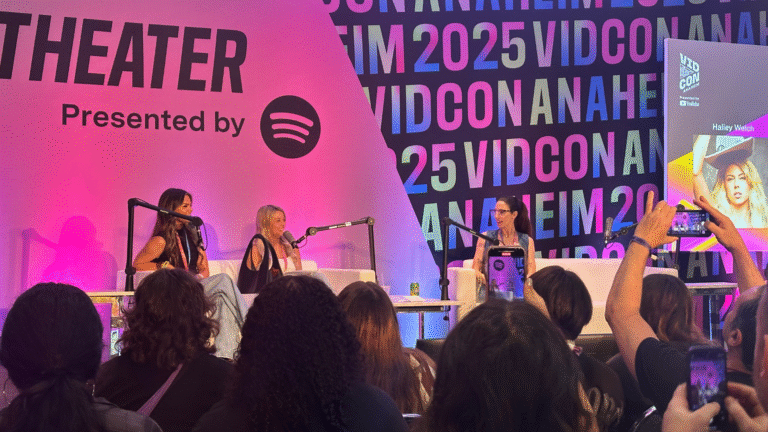

A new study led by the University of Melbourne has found that a simple nursery rhyme can elicit brain responses that other auditory stimuli do not in children with severe brain injuries. The research highlights the potential role of familiar music in non-invasive rehabilitation for children in states of reduced consciousness.
The study, published in The Nordic Journal of Music Therapy, involved an international team of researchers from the University of Melbourne, Murdoch Children’s Research Institute (MCRI), and Temple University in Philadelphia. The team focused on a primary school-aged child with a serious brain injury, testing the effects of different auditory stimuli including speech, white noise, and the nursery rhyme Twinkle Twinkle Little Star.
Electroencephalogram (EEG) recordings showed distinct brain activity in the left frontal region when the song was played. These patterns were not observed during the speech or white noise conditions. In addition to the neurological responses, the child also demonstrated increased eye movements, leg movements, and facial expression changes during the song.
Professor Cathy Catroppa, Senior Principal Research Fellow in the Brain and Mind Group at MCRI, stated:
“Our findings suggest that familiar songs may provide a unique pathway to consciousness in children with severe brain injuries. This could revolutionise how we approach early rehabilitation in paediatric cases of disorders of consciousness.”
Dr Janeen Bower, 2024 Postdoctoral Fellow at the Melbourne Conservatorium of Music, led the study and noted the broader implications beyond clinical data.
“As researchers and clinicians, we often focus on the data, but this study shows a child responding to a song her parents probably sang to her countless times. This reminds us that behind every data point is a human story. We hope this research leads to better outcomes for families,” Dr Bower said.
The study adds to a growing body of evidence supporting the use of music therapy in cognitive rehabilitation after traumatic brain injury. It points to the need for further research and investment in music-based interventions, particularly for children.
The publication of the study coincides with ongoing policy discussions. The National Disability Insurance Agency is currently reviewing the findings of the recent Independent Review of NDIS Funded Music and Art Supports, which may influence the scope of music therapy funding provided through the National Disability Insurance Scheme.
The research team emphasises the importance of continued cross-disciplinary collaboration to inform future clinical practices and treatment frameworks for paediatric rehabilitation.





